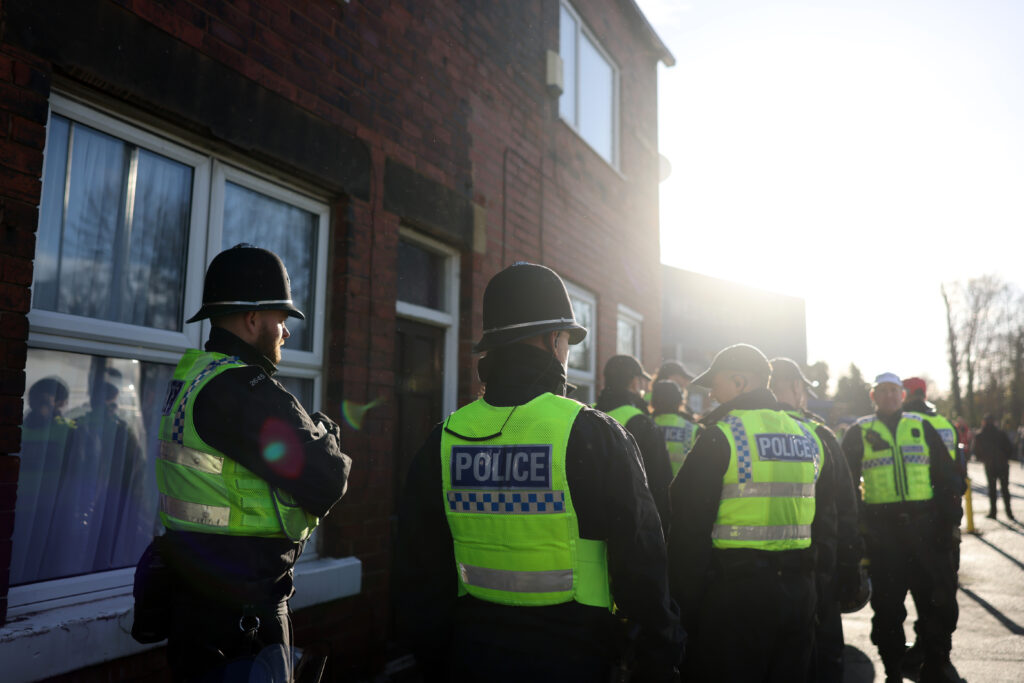“It is undoubtedly the case that there is a bit of a mismatch on some of the perceptions versus the reality, but I think if you walk through the streets and you see rubbish in the streets, you can smell cannabis, you talk to a shopkeeper who’s just had somebody steal something, your bike gets stolen and the police don’t come and talk to you about it, of course that’s not right, and we need to fix all of those things,” she said.
Delivering on the promise
“There will be a steady drumbeat of stuff coming up,” said one government official involved in discussions about the strategy, who was not authorized to speak on the record. “We’ve got to make a really persuasive case about the work that is going on to combat [street crime].”
Reform UK can “whinge all they want,” the official said. “We’re focused on governing and getting our heads down and really trying to solve this problem, as opposed to shouting from the sidelines.”
 The upcoming announcements are likely to be focused on police reform — not on big spending. | George Wood/Getty Images
The upcoming announcements are likely to be focused on police reform — not on big spending. | George Wood/Getty Images
But the upcoming announcements are likely to be focused on police reform — not on big spending. Police chiefs warned in June that their funding settlement from the Treasury would not be enough to fund the government’s ambitions.
Instead, there’s been reallocation. The government has already announced plans to ax directly elected police and crime commissioners — who have spent the past decade setting budgets, appointing chief constables and producing policing plans, but with limited democratic take-up. That role will be transferred to existing mayors or council leaders in a bid to “cut the cost of unnecessary bureaucracy” and invest back in the front lines.
Alastair Greig, research analyst for the Organised Crime and Policing Team (OCP) at the Royal United Services Institute think tank, said it was important to recognize the “prioritization and the policy decisions that are involved if police decide to really meaningfully crack down on this street crime.“

